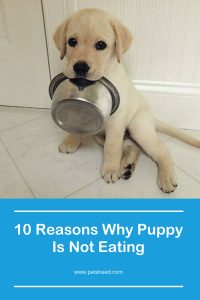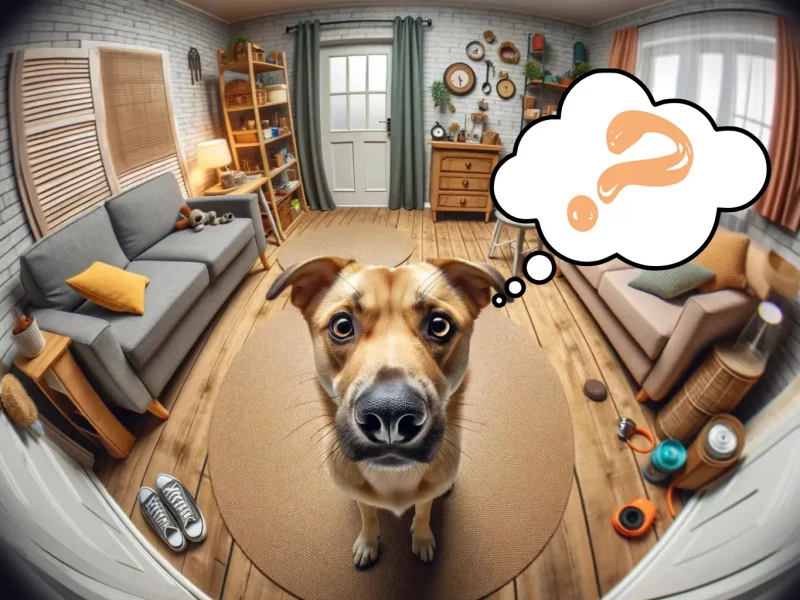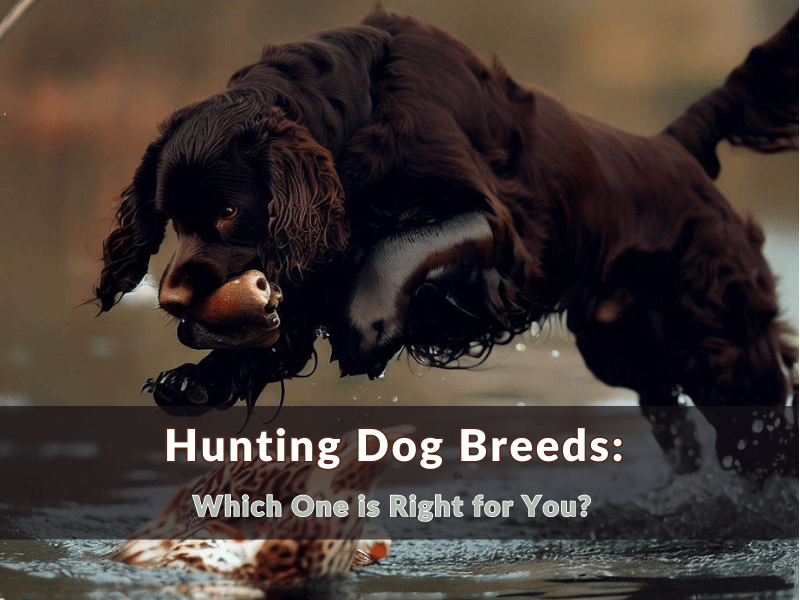Why puppy is not eating? Anorexia in dogs is the loss of appetite; it is a common condition that affects many dogs. There are two types of anorexia: true anorexia and pseudo-anorexia. True anorexia is caused by serious illnesses, while pseudo-anorexia is the willingness to eat but difficulty chewing or swallowing food. Since most puppies eat as soon as you give them food, anorexia can be a real stress for pet owners.
According to Lori. M, clinical associate professor at Texas University College of Veterinary medicine, your dog refusing to eat can also be a sign of illness. Therefore, you have to diagnose the issue with your dog and help it to regain its appetite. If your healthy dog now starts to miss food for days on end, you need to find a solution.
10 Reasons Why Your Puppy Is Not Eating And What To Do
Many things can make your puppy not eating; it can be environmental changes, reactions to dogs, nausea, or stress. Additionally, pain, dental problems, and internal obstructions can lead to anorexia in dogs. Other times, your dog doesn’t like the food.
1. Overfeeding
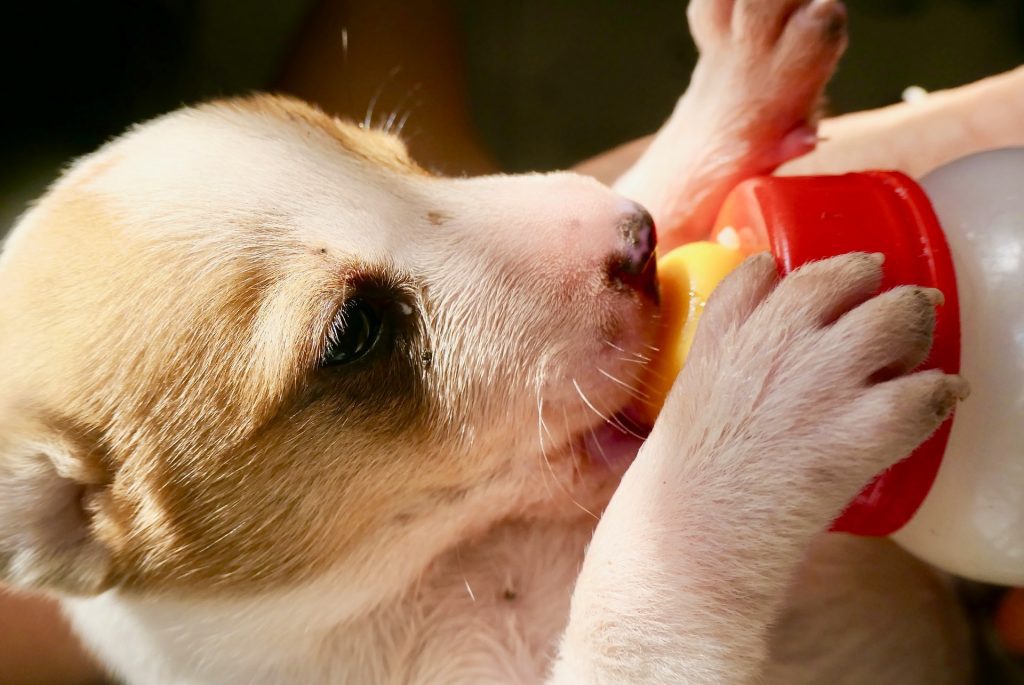
Overfeeding is the major reason most puppies are not eating. And if your dog doesn’t like food, you may be tempted to fill his bowl and feed her. But if she is just wandering around, she could be taking more calories outside than you think. Therefore, on feeding it, she will take only a few bites.
Don’t trust what the pet food companies indicate as the recommended amount of food for pets on their bags. This is because their goal is to sell the maximum amount of food. Instead, get advice from your veterinarian, who has better answers on the amount of food your dog needs based on his age, weight, and activity level.
What to Do
If you have given your puppy treats before the meal, then cut them back. They may be making her full, which makes it hard to take your meals. Also, if the dog is taking food outside your home, then put it on a leash and observe if its appetite will improve.
2. Mild Stomach Ache

If your puppy is not eating, then it may because she ate something that caused stomach upsets. According to Megan McClosky, a lecturer at the Pennsylvania School of Veterinary Medicine, this problem may not last long. You just need to call your vet to address the issue.
Dogs are also known to have good appetites, and if yours starts to become picky, accompanied by symptoms such as diarrhea, or vomiting, it is the sign of an underlying problem. Your veterinary doctor will ascertain the case.
What to Do
Since viruses like Parvo and intestinal worms like tapeworms, hookworms, and roundworms, can invade your dog’s digestive system making it to lose appetite. As such, it is important to deworm your puppies during vet visits. The vet should also test her poop for any signs of worm infestation and deworm them.
3. Pain
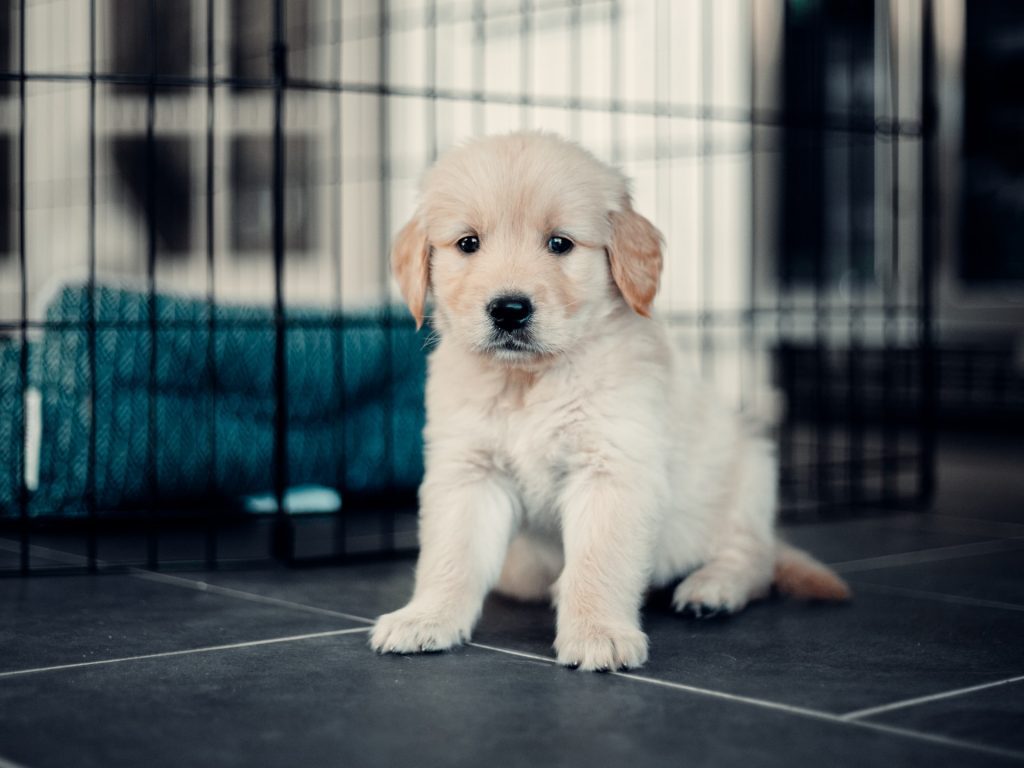
Just like people in pain, puppies stop eating when they experience pain in the form of injuries. Some of the distress is caused by accidents, and it’s crucial to have medical plans for your puppy just in case. Other times, they can experience pain from pancreatitis or other medical conditions.
Other times, the pain could result from a piece of wood or splinter stuck in their mouth. Monitor your puppy for any signs of pain, and if you don’t notice any, then visit the vet.
What to Do
If the puppy is not eating and is exhibiting signs and symptoms of pain, then call your vet immediately. Meanwhile, you can try hand-feeding or warming the food. The vet can also prescribe medications to induce eating in your puppy.
4. Dental Pain
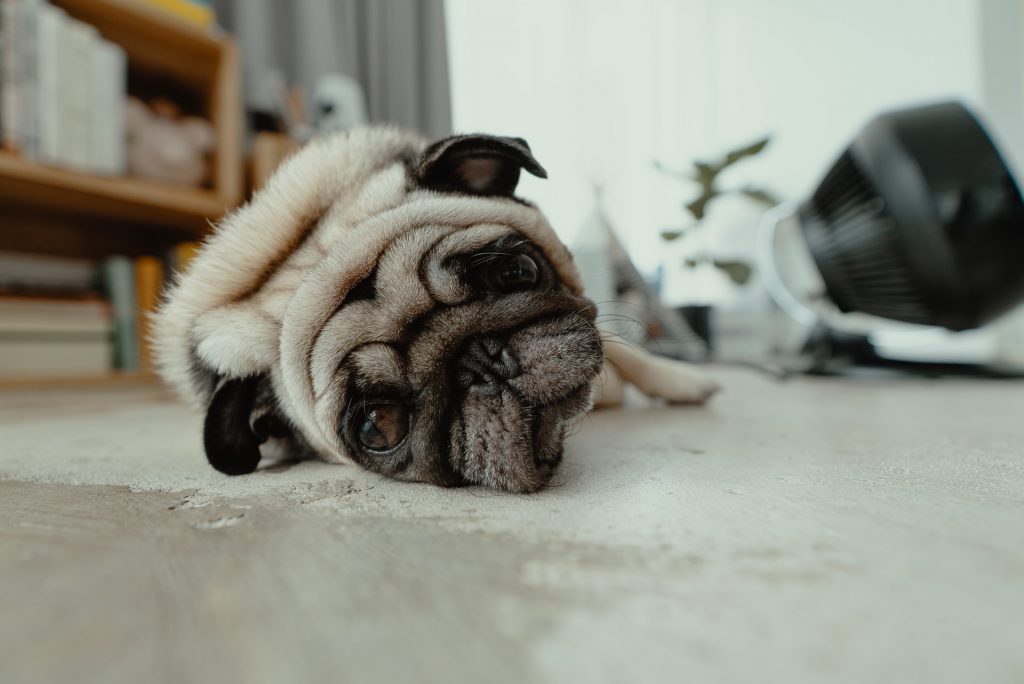
Dental pain is also one of the major causes of anorexia in dogs. Even humans hardly eat when they have sore gums or teeth. Dogs are usually affected by periodontal diseases, and some signs include swollen gums, bad breath, and brown plaque on their teeth. The dog may also stop eating or do so on one side of their teeth. Take your dog to the vet for professional checkups. The doctor will also teach you how to clean his teeth appropriately to prevent tooth decay.
What to Do
Dental problems are common in dogs, and if puppy’s teeth are in a bad condition, you need to call the vet right away. She will be feeling pain, and the vet will offer her required oral care.
5. Weather and Environment

If there is a sudden change in weather, say it starts becoming hot, then your puppy’s appetite could be affected. This is also the same as when there is a change in the surroundings or routine. The puppy will struggle to fit in, and as a result, she will lose appetite.
Check any lifestyle changes of your puppy, i.e., if you changed its shelter, bowl, location, or routine. If the weather has changed and become too adverse, it is wise to move her to a new location. And if you are introducing new changes, then do it gradually.
What to Do
Like humans, puppies are usually overwhelmed with any change in environment or routine. And it refuses to eat food; then it may be missing its family or home. It is normal, and it will take some time and note that it may require privacy or companionship. Know more about the puppy by exploring her and avoid letting visitors until she is comfortable with her present surroundings.
6. Stress
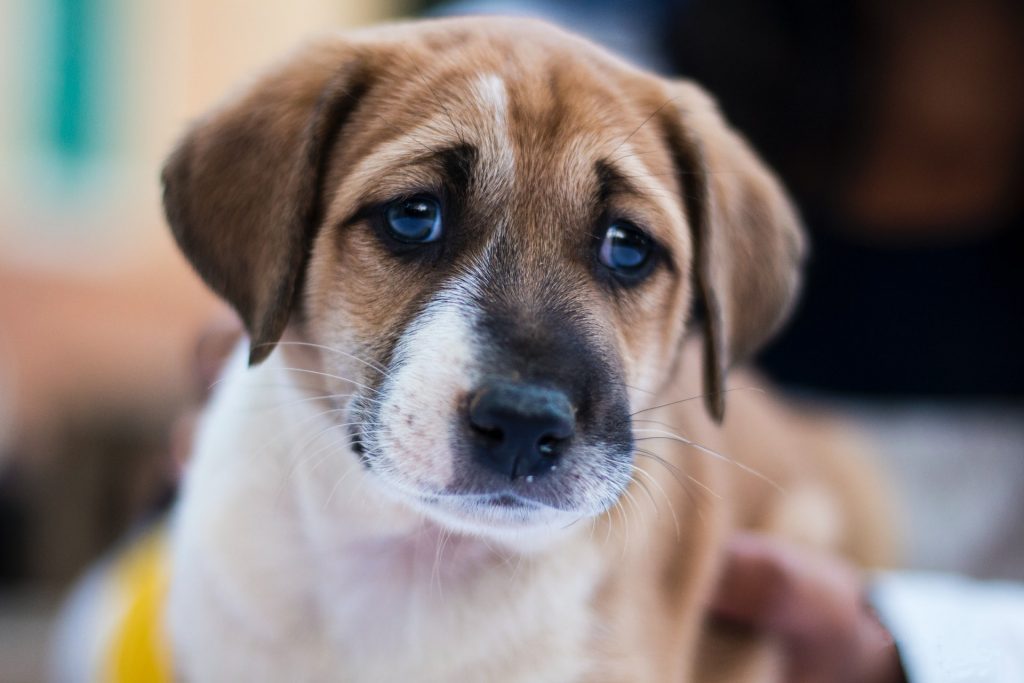
Like humans, dogs can also be stressed by small changes in their food, shelter, or site. For instance, if you move the feeding dish from the sitting room to the outside, it will start hearing new smells and sounds. While some puppies love change, some do not, and they show this reluctance by refusing food. Dogs are very intuitive, and you might now know what is stressing them.
What to Do
Major life changes in the life of a dog can cause stress i.e., some do not eat when you are not around and take food once you arrive home. Try to ascertain the cause of the dog’s stress and help her adapt to the present conditions.
7. Pickiness

Some puppies also exhibit “picky” behaviors; they are choosy and don’t like some food. If your puppy is the “choosy type,” then choose a diet they love and stick to it. But if the behavior started recently, then it could be a sign of stress or sickness. Check whether other signs or symptoms accompany the pickiness, i.e., diarrhea, vomiting, and lack of appetite. If the dog is not sick, then you need to observe the diet change.
What to Do
If you recently made a food change and the puppy is disinterested in it, the food is not appealing. And it’s probably acquainted with the food you normally serve her. Also, if you brought her from another shelter or owner, then ask them the food the puppy likes. Also, find out about the feeding schedule of the puppy to address this challenge.
8. Illness
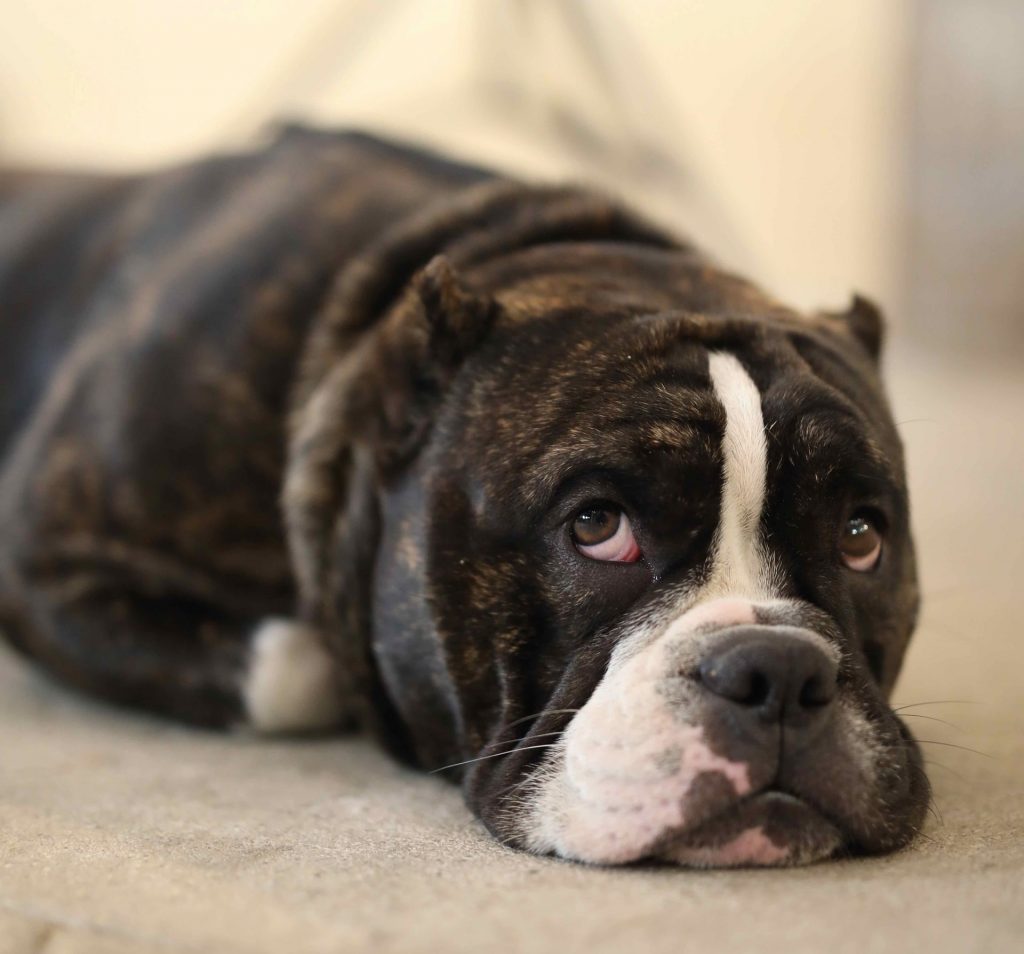
Illnesses such as pancreatitis and parvovirus can also make your puppy lose appetite. Others are life-threatening diseases such as volvulus and gastric dilatation, which cause the twisting up of the stomach or cancer. If your puppy is seriously sick from an illness, she can become lethargic, have diarrhea, or worsen. It would help if you observed the dog closely to notice any changes in its physical appearance and check for any symptoms of diseases.
What to Do
If you try to offer the puppy not eating and there are disease symptoms, then it’s time to visit the vet for a health evaluation. Meanwhile, you can give them a little yogurt or chicken breasts to provide them with some energy.
9. Recent Medication or Vaccination

Some side effects in your puppy, such as lethargy, poor appetite, and soreness, can also occur about 48 hours after they get vaccinated. If the dog recovers in 24 to 48 hours from these symptoms, then it’s normal. Also, note that some medications can cause stomach upsets or excessive sleepiness in your dog.
What to Do
The loss of appetite side effects will usually disappear after 24-48 hours. However, if the dog suffers from serious side effects such as facial swelling and convulsions, then it’s time to return to the vet
10. The Puppy Has Swallowed Something
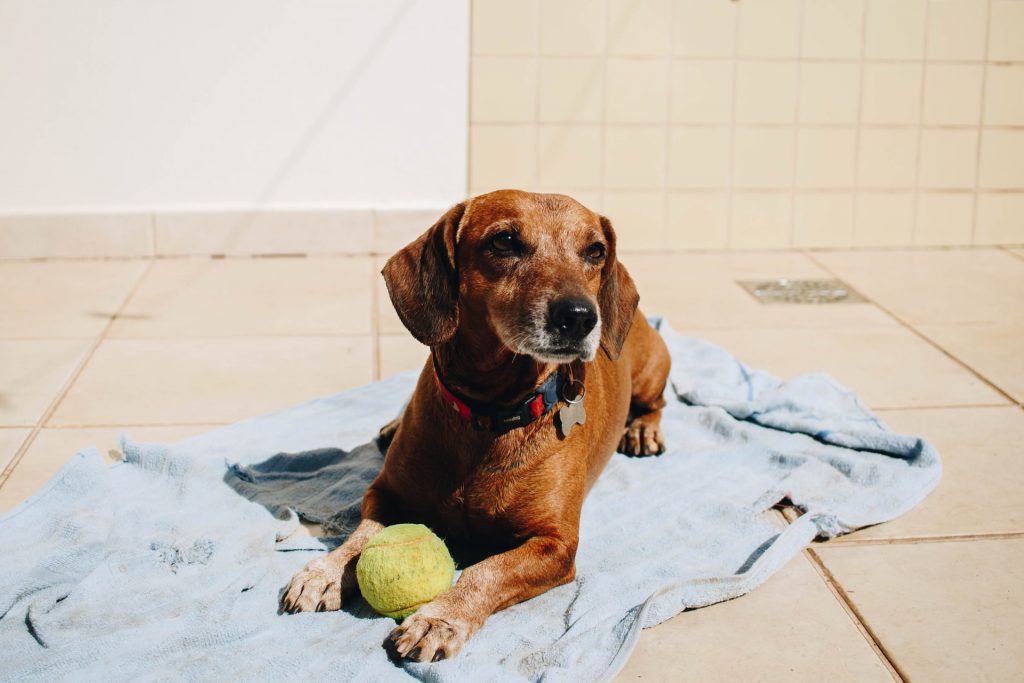
Since the puppies are usually playful, it’s easier for them to swallow something without your knowledge. Dogs are famous voracious eaters, and they can take anything from tennis balls to toys. The common sign of a dog swallowing something is if it poops or vomits out plastic or other foreign materials. If the dog passes out the foreign materials, he will be okay, but then the intestines could be obstructed if it cannot eat.
What to Do
If the puppy is not eating and you suspect it has swallowed foreign material, then visit the vet. Your vet will usually do an ultrasound to determine what is stuck in the dog’s body and perform an operation to get rid of it.
Conclusion
If your dog is no longer eating food the way it used to, you need to diagnose the issues. There are many reasons for loss of appetite in pups, ranging from health issues to behavioral and mental issues. You only need to observe the puppy or take her to the vet to find a solution to the issue.
Recommended Reading
- How To Stop Your Dog From Biting: 11 Simple Steps
- 10 Simple Ways To Protect Your Furniture From Dog
- 7 Reasons Why Playing With Your Dog Is Important
